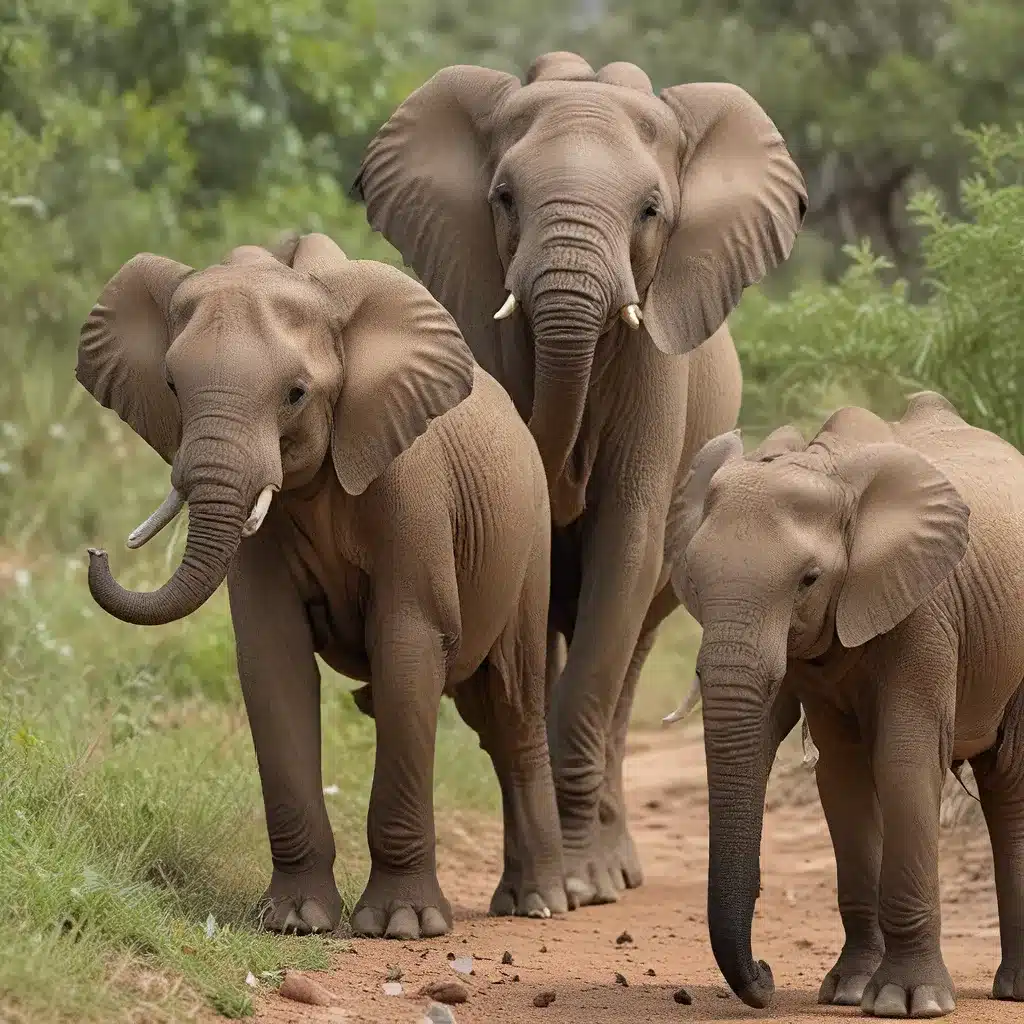
As an exotic pet enthusiast, I’ve long been captivated by the wonders of the animal kingdom. From the iridescent scales of a chameleon to the majestic wings of a parrot, the diversity of our planet’s creatures never ceases to amaze me. But with this fascination comes a deep sense of responsibility – one that we, as stewards of these magnificent beings, must take seriously.
The Ethical Conundrum
In the world of exotic pets, the concept of “responsible breeding” is often shrouded in complexity. On one hand, the desire to preserve rare and endangered species can drive a thriving breeding industry. But on the other, the potential for exploitation and animal welfare concerns casts a shadow over the entire endeavor.
It’s a delicate balance, one that requires us to confront the difficult questions head-on. What are the ethical considerations at play? How can we ensure the well-being of the animals in our care? And most importantly, how can we navigate this landscape in a way that upholds the highest standards of animal welfare and environmental stewardship?
Confronting the Complexities
To tackle this issue, we must first acknowledge the multifaceted nature of responsible breeding. It’s not as simple as just “breeding more animals.” There are a myriad of factors to consider, from the genetic diversity of the captive population to the long-term sustainability of the practice.
As philosopher Clare Palmer argues, the ethical obligations we have towards captive animals are distinct from those we have towards wild animals. In the case of exotic pets, we have taken on the responsibility of their care and well-being, and we must ensure that our actions uphold the highest standards of animal welfare.
This means carefully considering the physical and psychological needs of the animals, as well as the potential environmental impact of breeding programs. It’s a delicate balancing act, one that requires us to think critically about the long-term consequences of our actions.
The Role of Regulation
One of the key challenges in the world of exotic pets is the lack of consistent regulation and oversight. As the United States government website notes, the patchwork of state and federal laws governing the exotic pet trade can create a confusing and often contradictory landscape for breeders and owners alike.
But this lack of regulation is not just a logistical challenge – it also opens the door to potential abuse and exploitation. Without clear guidelines and enforcement mechanisms, unscrupulous breeders can easily slip through the cracks, prioritizing profit over the well-being of the animals in their care.
To truly address the ethical complexities of responsible breeding, we need a robust and comprehensive regulatory framework that holds all players accountable. This might include stricter licensing requirements, rigorous oversight of breeding practices, and tighter restrictions on the import and export of exotic species.
The Power of Transparency
But regulation alone is not enough. To truly foster a culture of responsible breeding, we need to cultivate an environment of transparency and open dialogue.
As the London Guided Walks podcast episode on Dr. Jekyll and Mr. Hyde reminds us, the line between ethical and unethical behavior can sometimes be blurred. By encouraging breeders and owners to share their practices openly and engage in constructive discussions, we can help identify and address potential pitfalls before they spiral out of control.
This could take the form of industry-wide forums, where best practices are shared and challenges are openly discussed. It might also involve greater collaboration between breeders, veterinarians, and animal welfare organizations to develop comprehensive care protocols and promote the highest standards of animal welfare.
Prioritizing Sustainability
But even as we work to address the ethical and regulatory challenges, we must also keep our eyes on the long-term sustainability of the exotic pet industry.
After all, what’s the point of preserving rare and endangered species if the very practices that sustain them are unsustainable? We need to think beyond the immediate gratification of owning a unique and exotic pet, and consider the broader implications of our actions.
This means exploring alternative breeding strategies that prioritize genetic diversity and ecological balance. It might involve investing in captive breeding programs that work in tandem with conservation efforts in the wild, or developing innovative technologies that reduce the environmental impact of the exotic pet trade.
By embracing a more holistic, sustainable approach, we can ensure that the joys of exotic pet ownership can be shared by generations to come – without compromising the delicate balance of our planet’s delicate ecosystems.
A Call to Action
As I reflect on the complexities of responsible breeding, I’m struck by the profound sense of responsibility that comes with our role as exotic pet enthusiasts. We are not just caretakers of these magnificent creatures – we are their ambassadors, charged with ensuring their well-being and the long-term viability of their species.
It’s a daunting task, to be sure. But I believe that by working together, by embracing transparency and accountability, and by prioritizing the welfare of the animals in our care, we can create a future where the wonders of the exotic pet world can be enjoyed responsibly and ethically.
So let’s roll up our sleeves and get to work. Let’s dive deep into the intricacies of responsible breeding, exploring the latest research, engaging in constructive dialogue, and pushing for meaningful change. After all, the fate of these incredible animals – and the legacy we leave behind – is in our hands.
And who knows – with a little luck and a lot of dedication, maybe we’ll even discover a few unexpected joys along the way. After all, as the old saying goes, the journey is just as important as the destination.
So let’s get started on this ethical exotic exploration, shall we?

